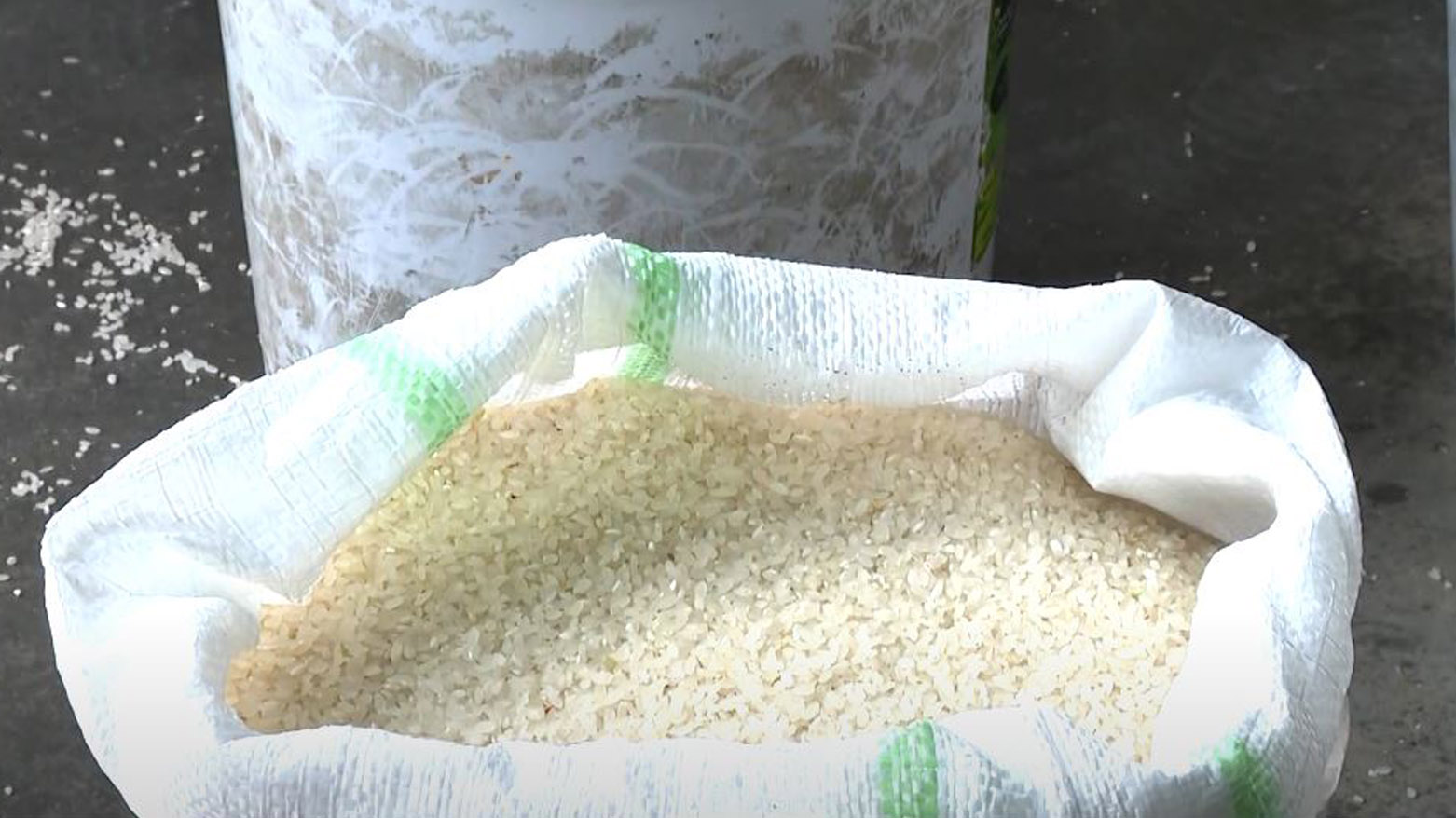Kurdish Rice Market in Duhok’s Akre District Booms
“The rice we produce is not only distributed throughout various provinces in Iraq, but it’s also exported abroad,” shared one of the mill workers in the area, highlighting the growing significance of Akre’s rice on regional and global markets.

ERBIL (Kurdistan24) – As Eid al-Fitr approaches, the Kurdish rice market in Duhok’s Akre district is experiencing a significant surge in activity. The mill workers are busy, and local businesses are thriving as demand for rice skyrockets, both domestically and internationally.
“The rice we produce is not only distributed throughout various provinces in Iraq, but it’s also exported abroad,” shared one of the mill workers in the area, highlighting the growing significance of Akre’s rice on regional and global markets.
Mohammed Karim, a local businessman who purchases rice from Akre every year, explained to Kurdistan24 reporter Ari Hussein, “I’m here to buy a ton of six-month-old rice from Akre, which will then be distributed to several restaurants in Sulaimani to meet the increased demand during the festive season.”
Prices for rice in Akre vary depending on the type and quality, ranging from 3,000 to 5,000 dinars per kilogram. With Eid al-Fitr in full swing and a notable influx of tourists to the region, demand has spiked even further.
Mustafa Surchi, a mill worker from Akre, noted, “The rice market is bustling right now, especially with so many people arriving to celebrate Eid, coupled with the increased demand during Eid al-Fitr.”
The rice harvest season in Akre begins in early to mid-October, followed by planting from April to May. According to the Agriculture Directorate of Akre, the district produced an impressive 12,000 tons of rice last year, offering six distinct varieties: Shash Mangi, Tahaloof, Kas Naditi, Sadri, Bundar, and Misri.
Akre’s rice, celebrated for its diverse colors, sizes, and flavors, has drawn significant attention. Both locals and tourists are increasingly eager to purchase it, and as domestic rice production grows, fewer people are relying on imported varieties.
This rise in local production not only supports regional farmers and mill workers but also contributes to the region’s growing agricultural industry. The boost in demand, particularly during the festive Eid season, reflects a bright future for Akre’s rice market, making it a key player in the Kurdish agricultural landscape.
